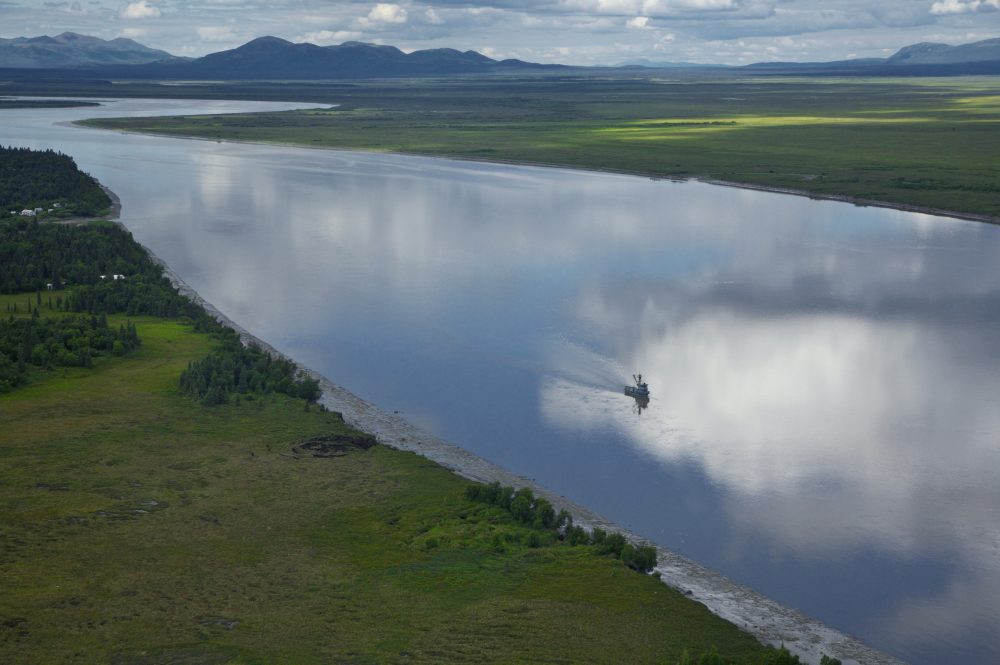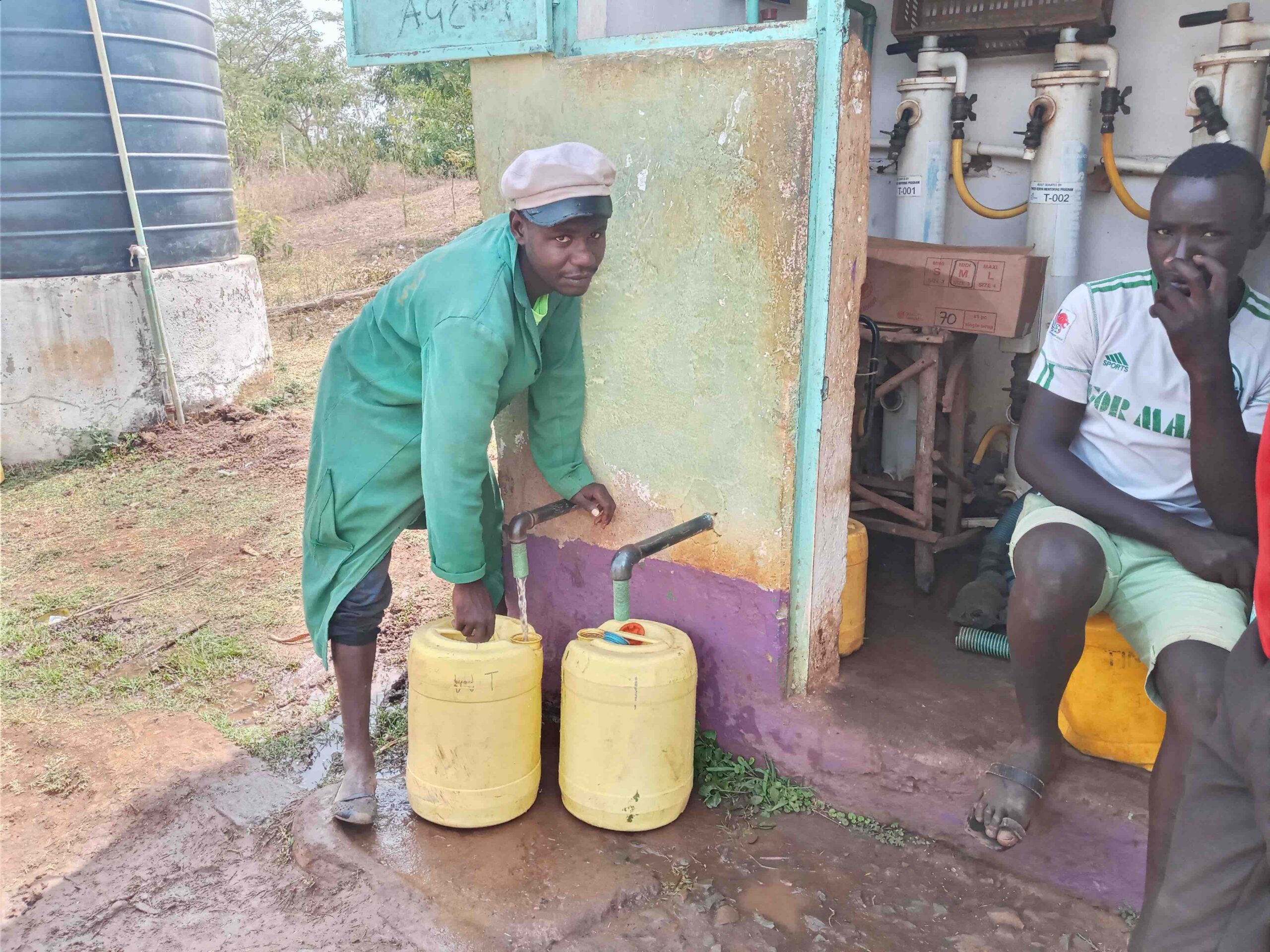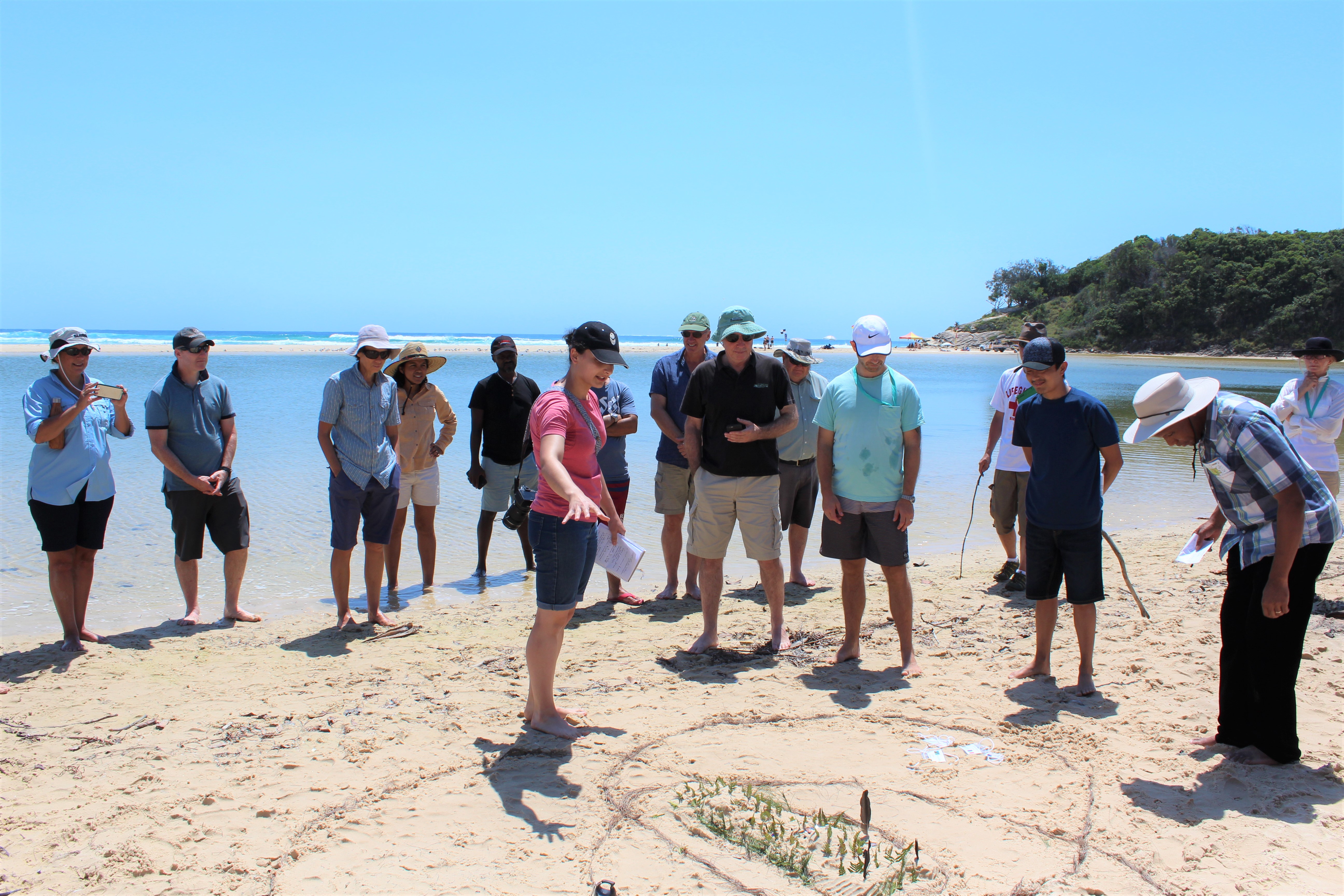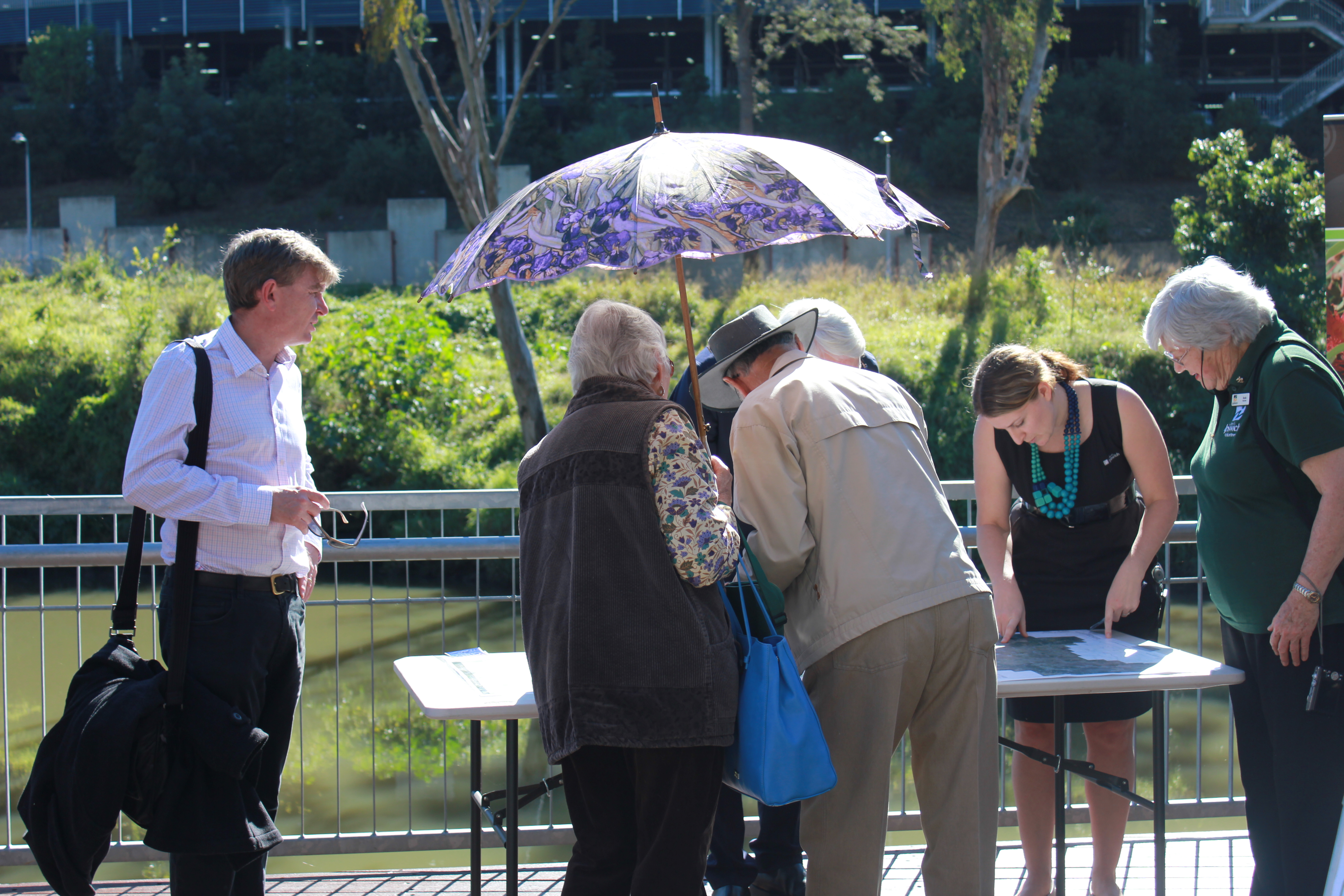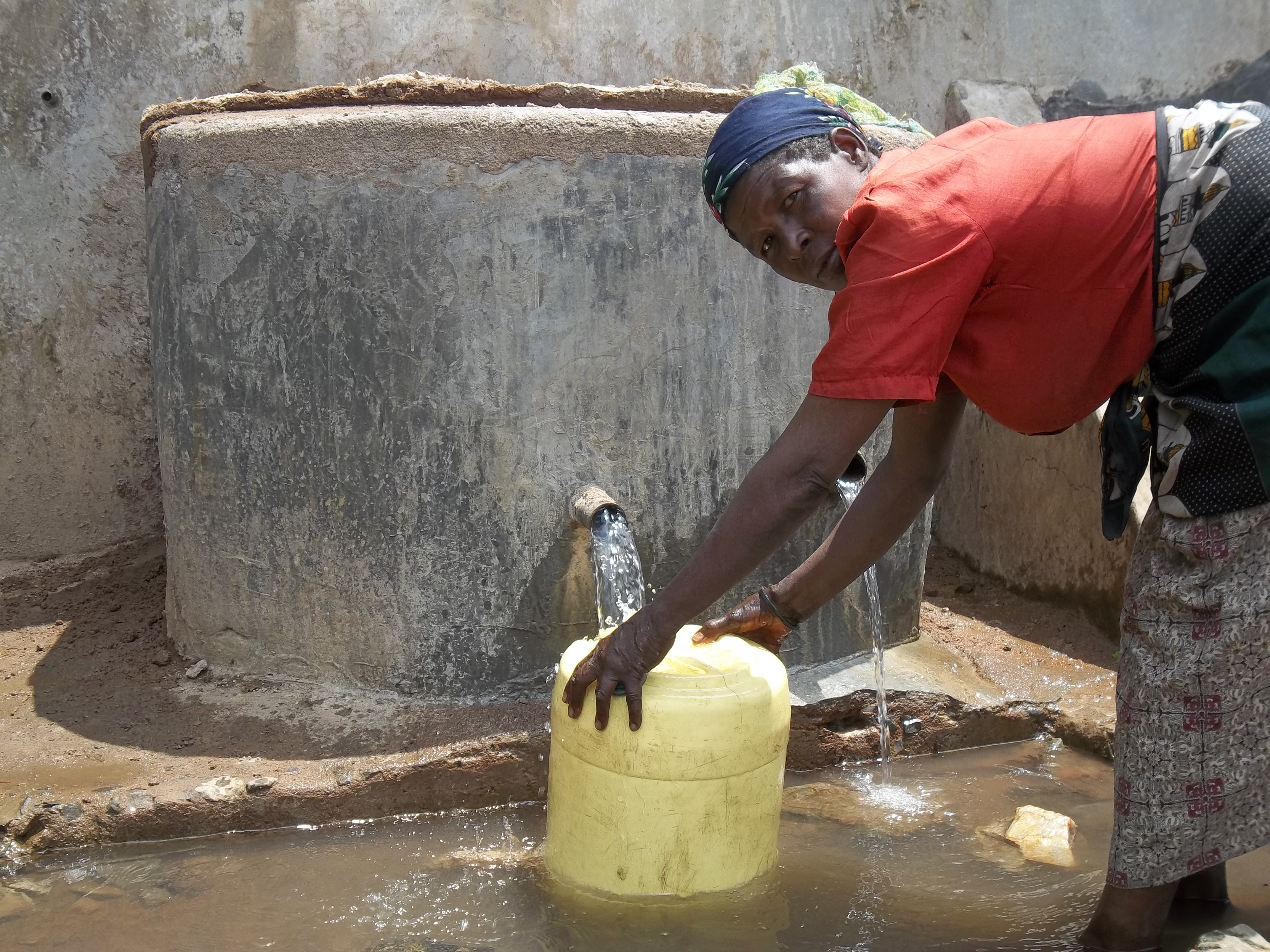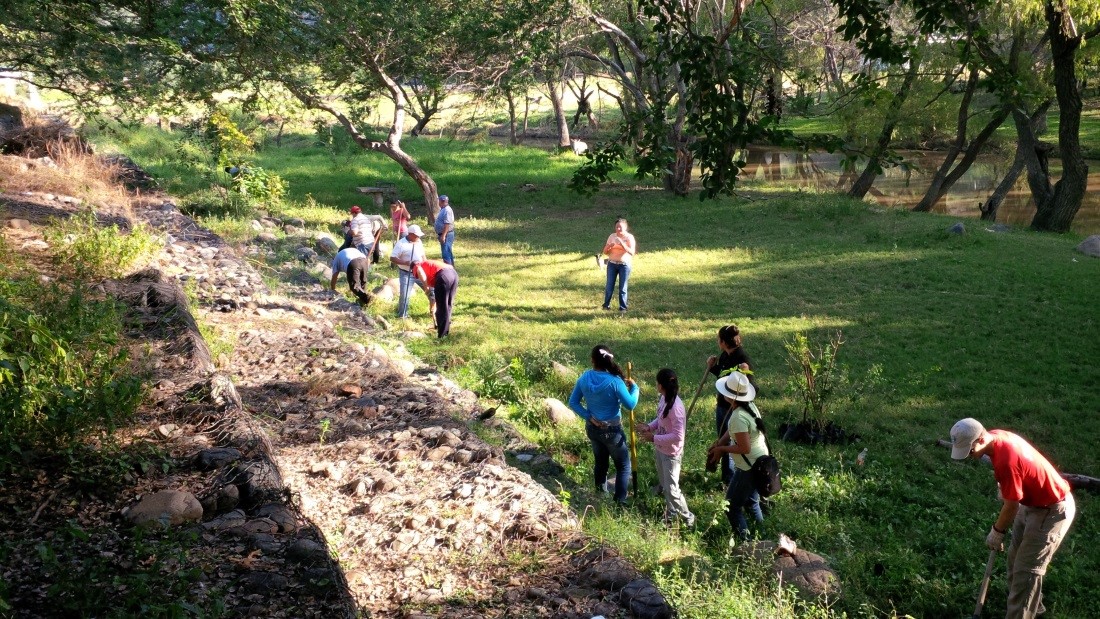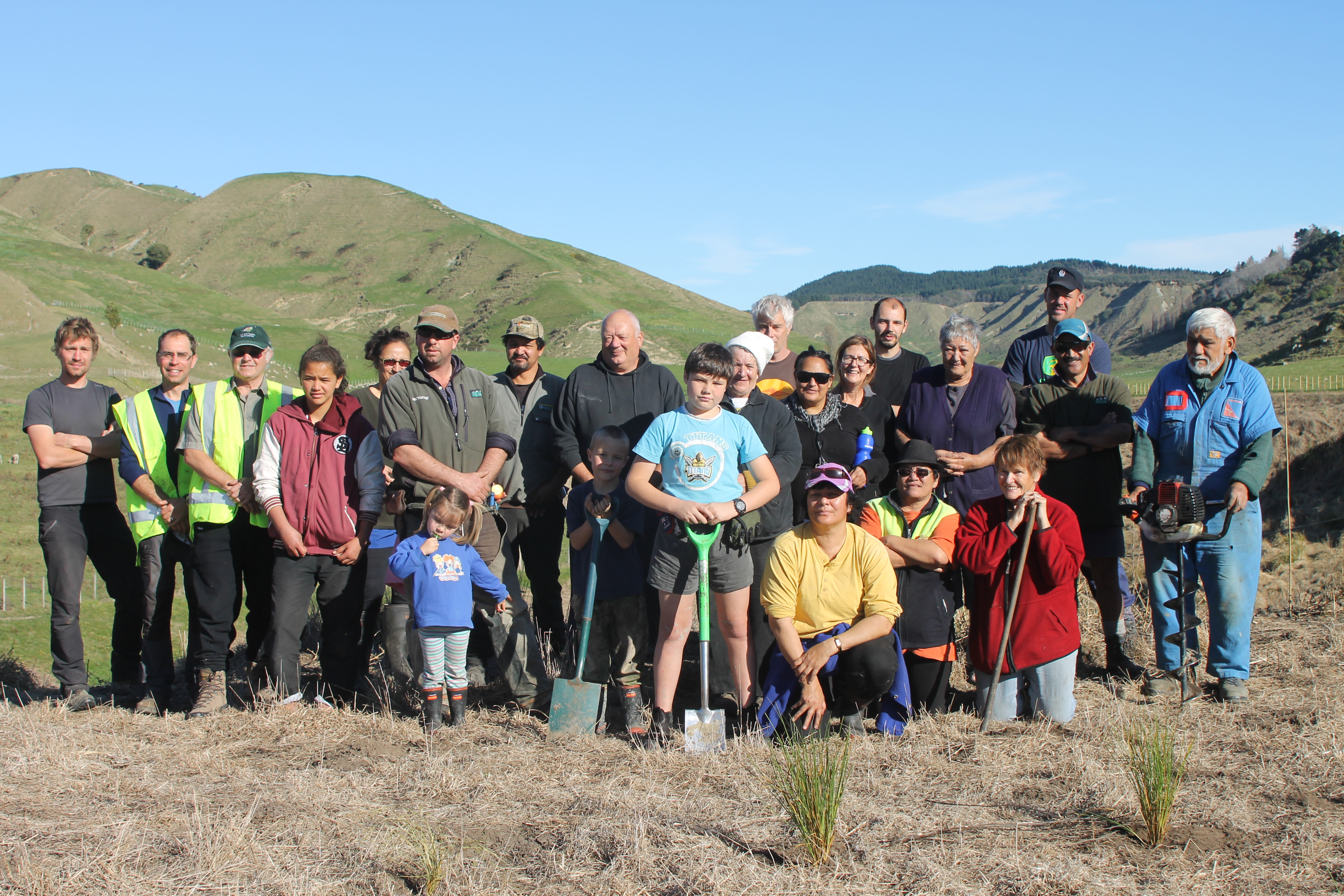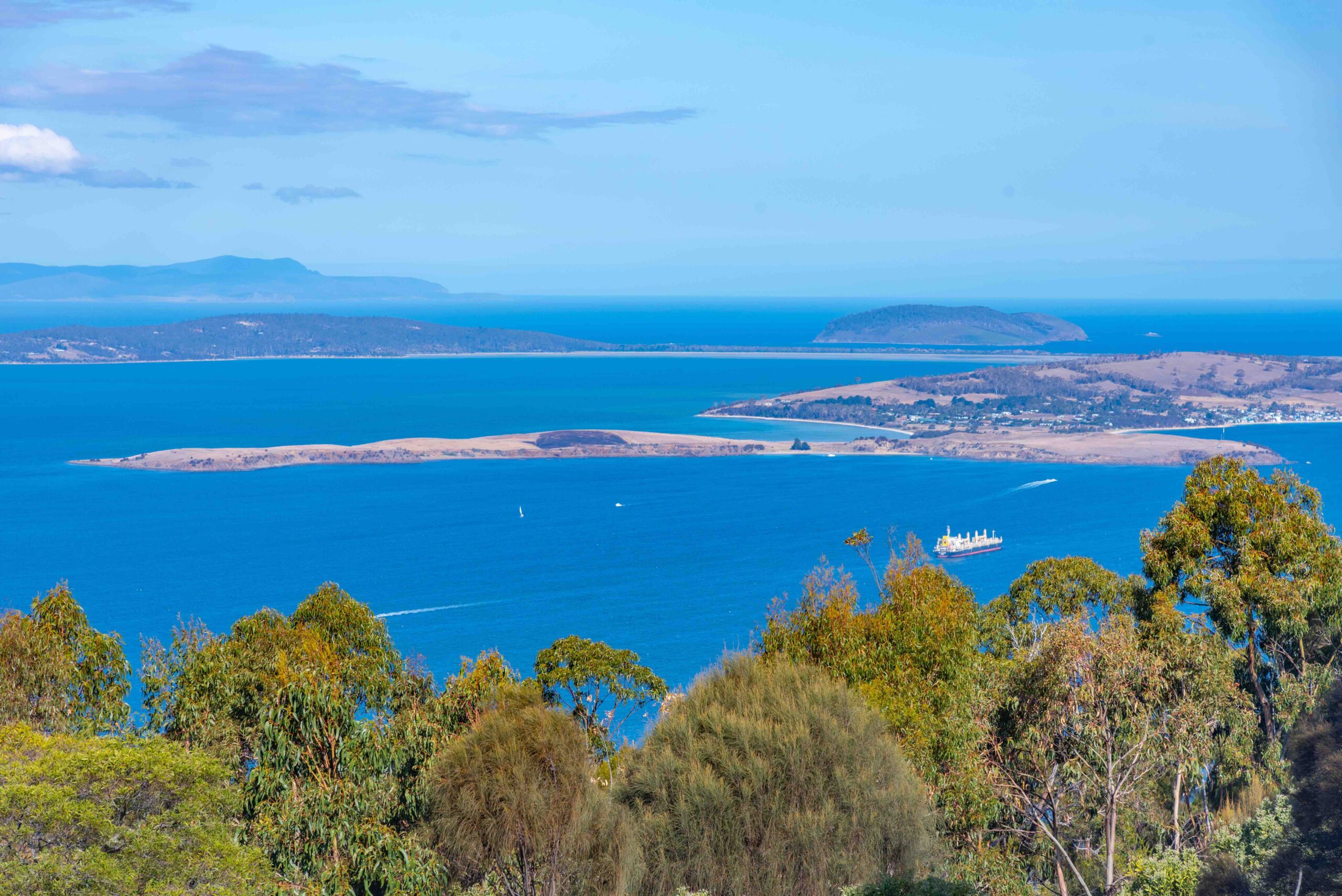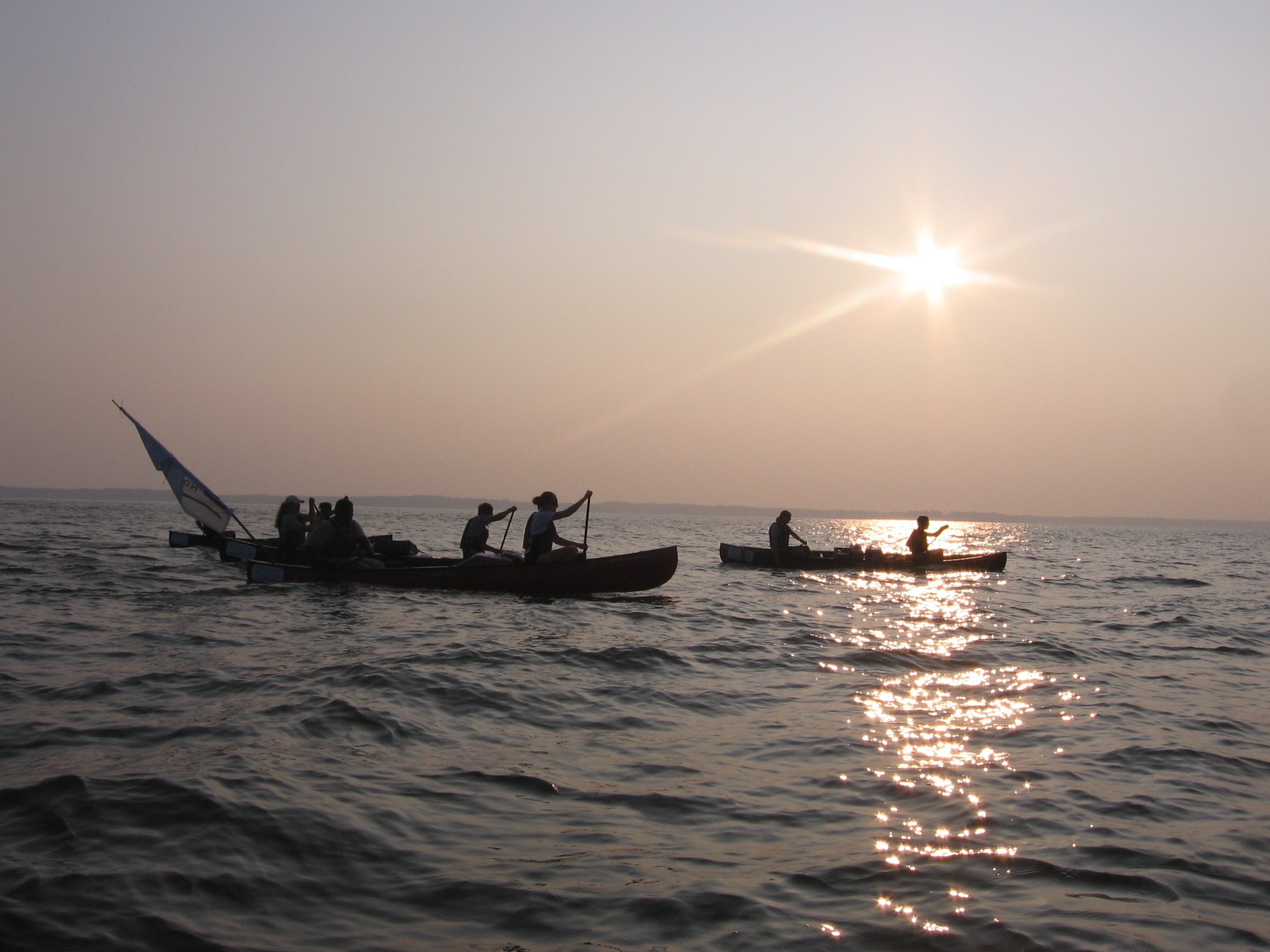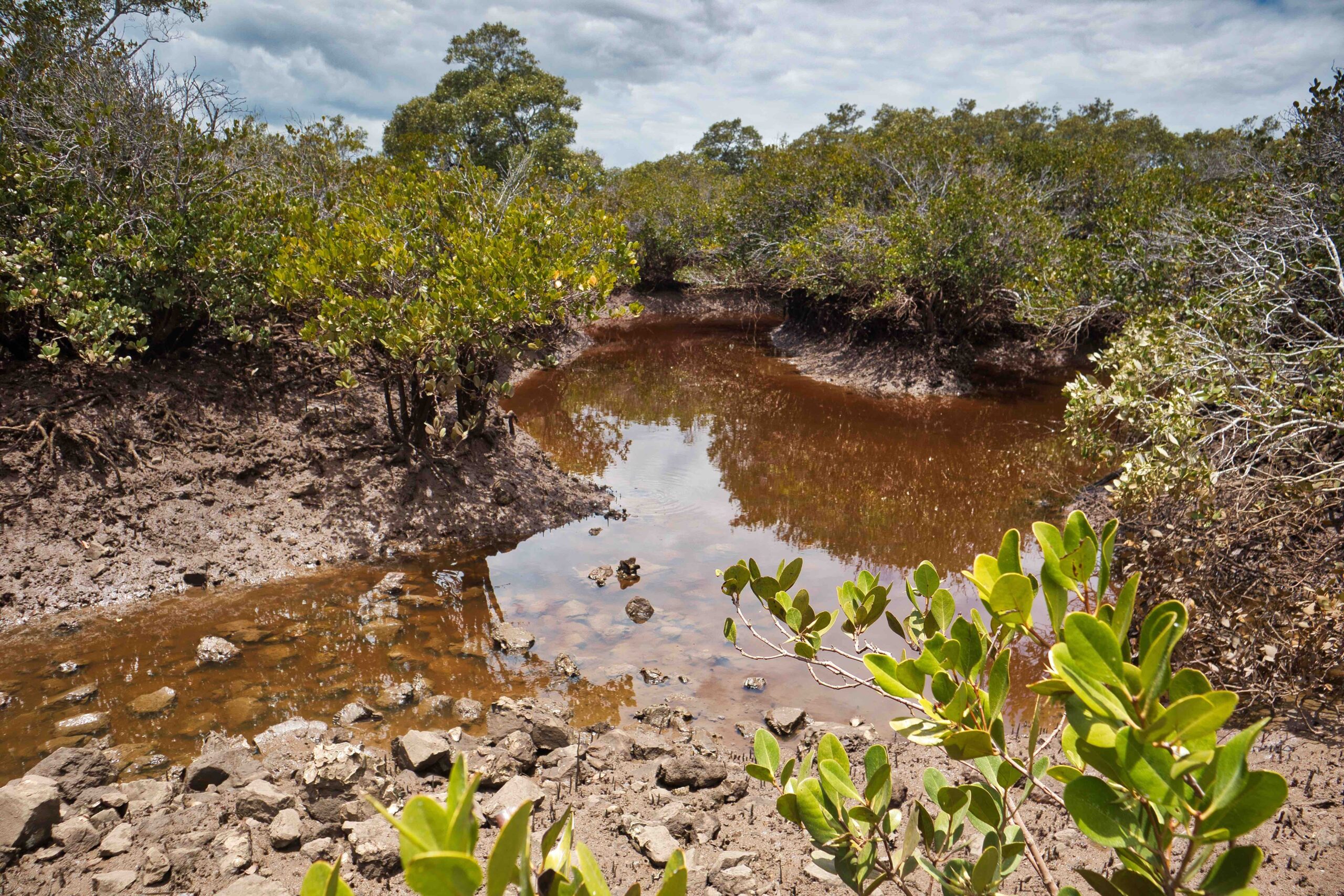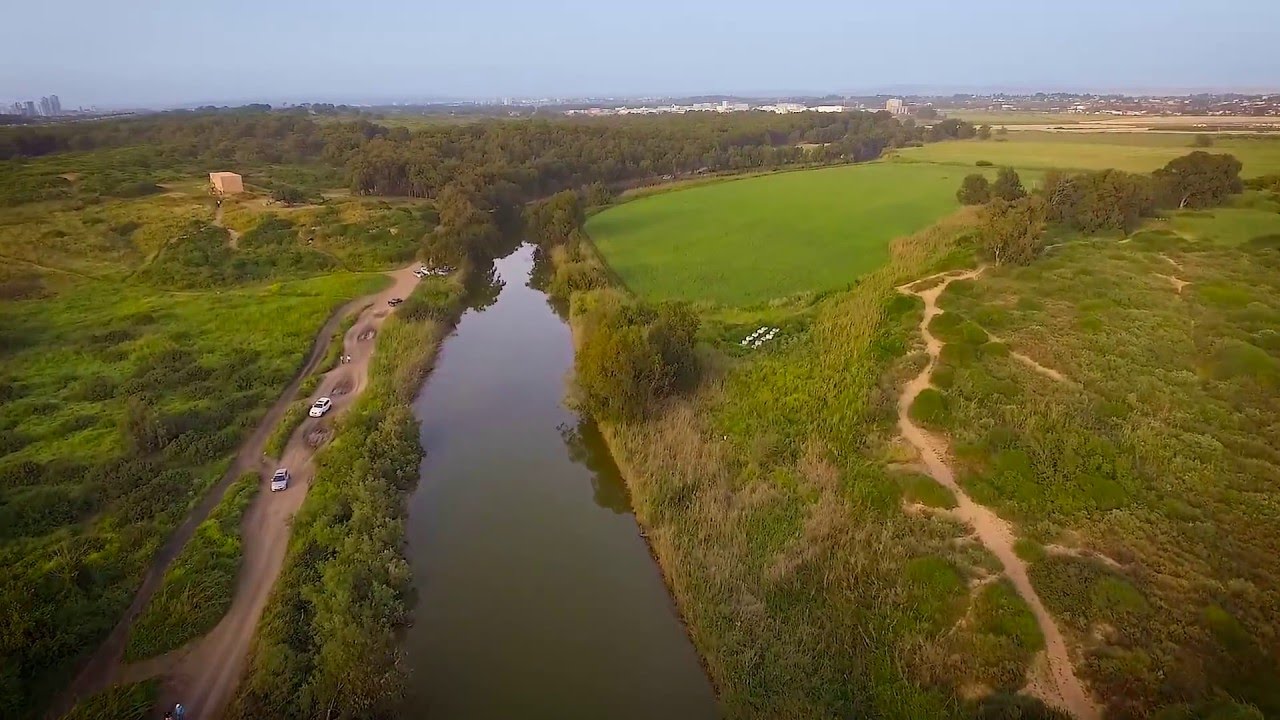After the Siuslaw Basin Partnership from Oregon USA won the 2004 Thiess International Riverprize for their remarkable accomplishments and innovation in the restoration of salmon habitat, they embarked on a journey to share their experience and lessons with Pacific coastal areas in the Russian Far East in order to assist in preserving those wild salmon populations.
One major difference between the two regions is that in contrast to Oregon, all of Sakhalin’s salmon runs are still wild, and at 50% or more than historic numbers, and continue to make a lsignificant contribution to the local economies.
Wild Salmon Center, a non-governmental organisation based in Portland, Oregon, provided an important bridge between Sakhalin Island and Oregon. The Wild Salmon Centre (WSC) was founded in 1993 to share knowledge of the historical impacts and innovative remedies occurring in the Pacific Northwest USA with the rest of the world.
Sakhalin Salmon Initiative (SSI) was formed in 2004 through the joint efforts of Sakhalin Energy Investment Company, Wild Salmon Centre, the Siuslaw Partnership, and multiple local stakeholders. This unique, public-private partnership focused on advancing conservation and sustainable use of wild salmon and the ecosystems upon which they depend, building institutional capacity for conservation, and promoting sustainable economic development on Sakhalin Island.
The twinning partnership between the Siuslaw, WSC, and communities in the Russian Far East has played a major role in the establishment of Russia’s first-ever Public Salmon Councils involving citizens, agencies, academia, and commercial and recreational interests in restoring and protecting salmon habitat on Sakhalin Island and other areas of the region. The Khabarovsk Region on the mainland and large river catchments on Kamchatka Peninsula have added a great deal to this initiative and its scope in the development of Public Salmon Councils.
There have been twelve exchange visits between Russian Far East representatives and the Siuslaw Basin since 2005, with Johnny Sundstrom of the Siuslaw Institute, )regon leading the Twinning initiatives. In August 2012, he participated in the first-ever Kamchatka Peninsula’s Ust-Bolshaya Council’s regional Salmon and Community Festival, and in 2013 these efforts were the basis of that Council’s placement as a Finalist for the Riverprize.

